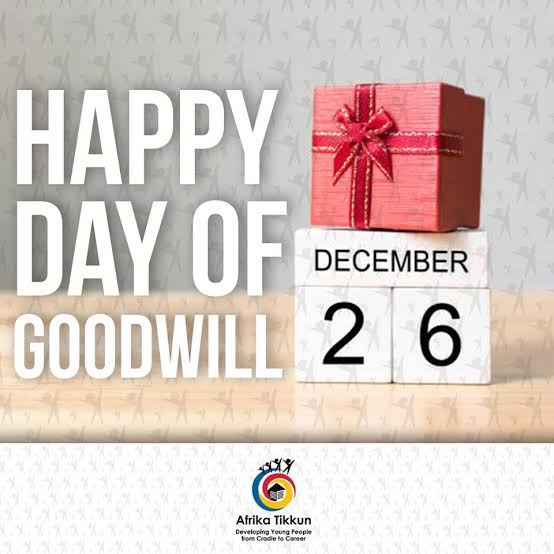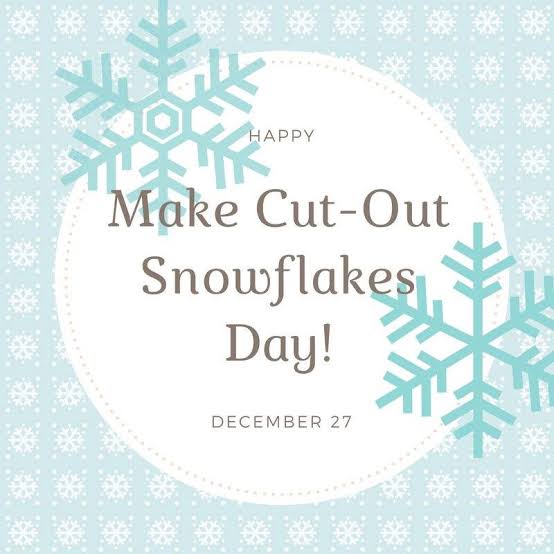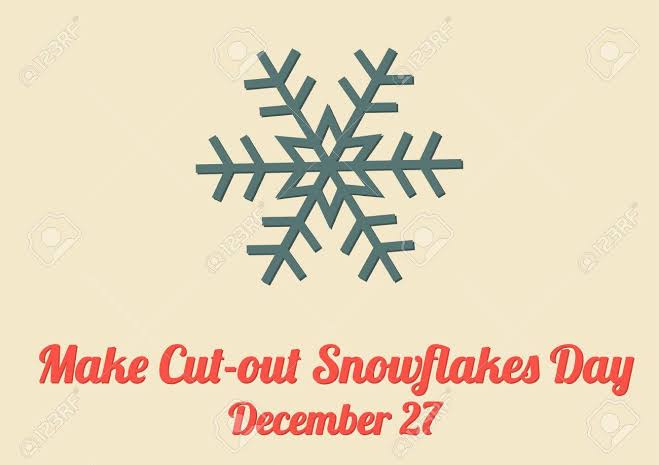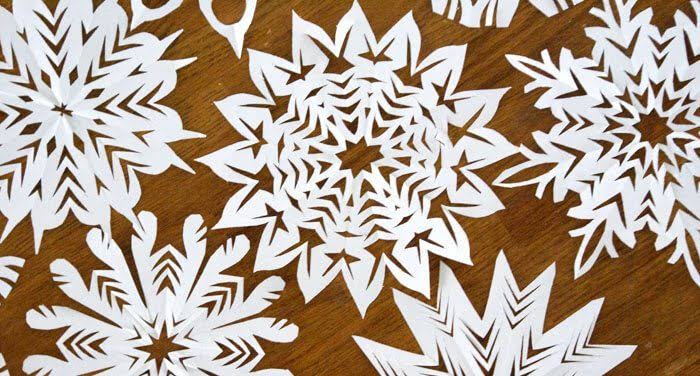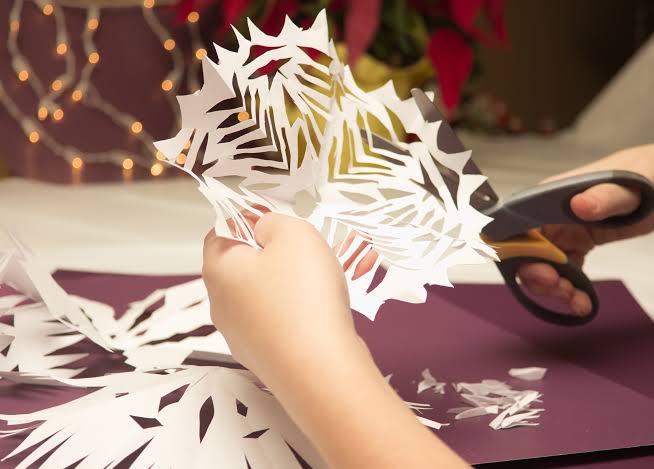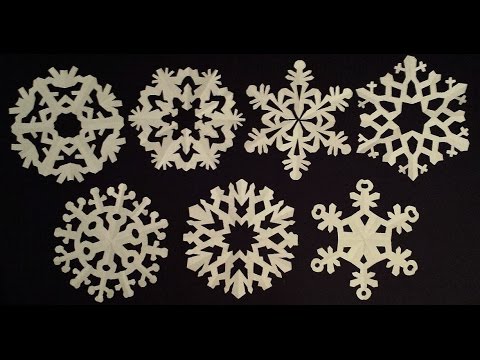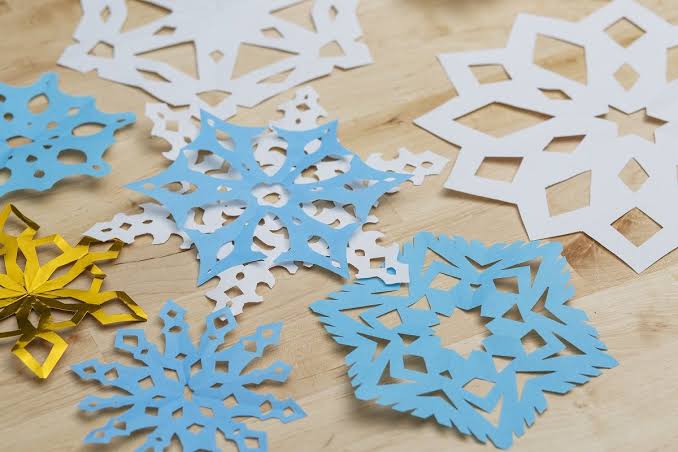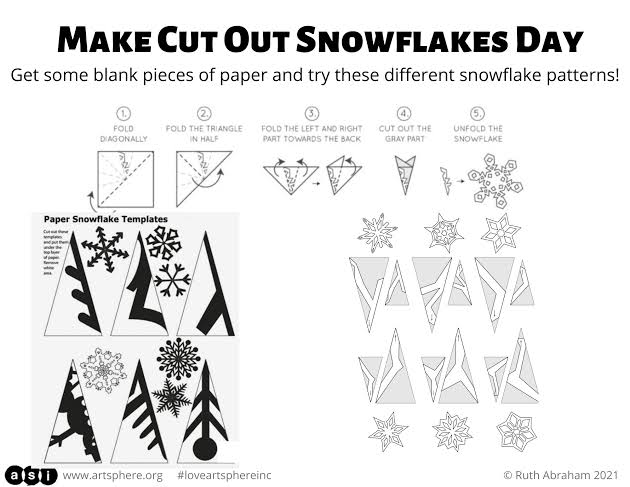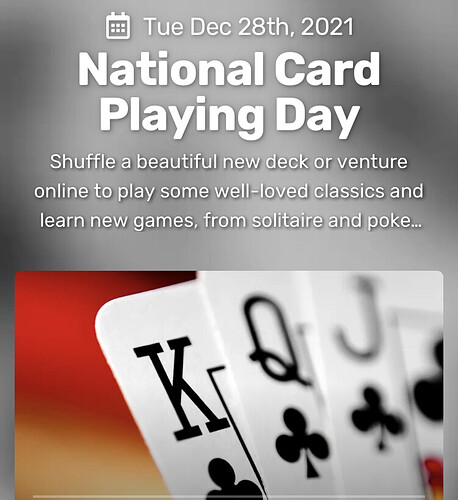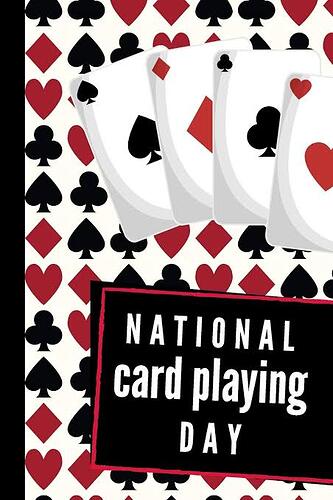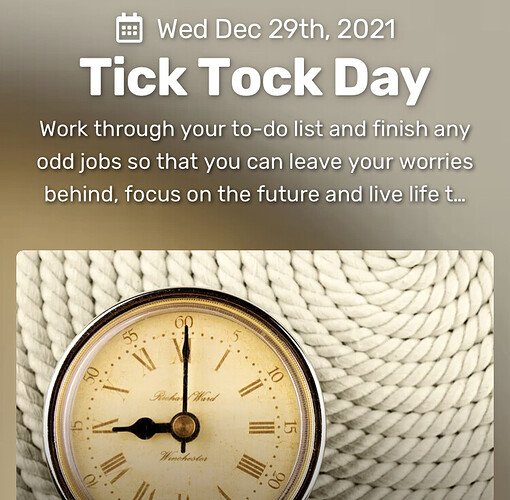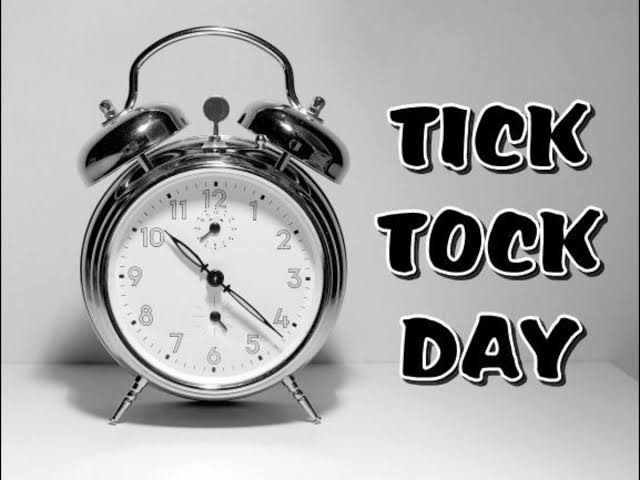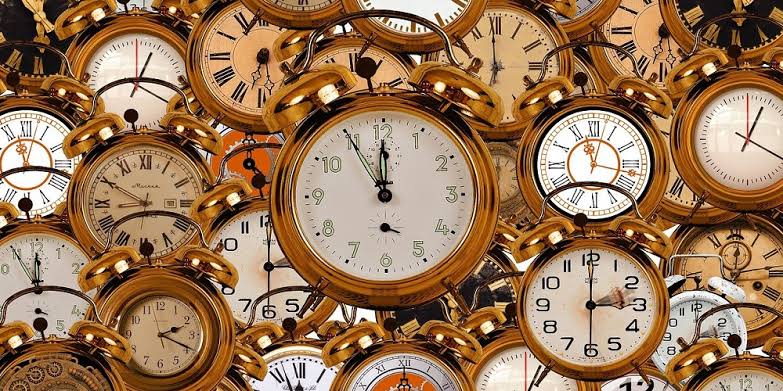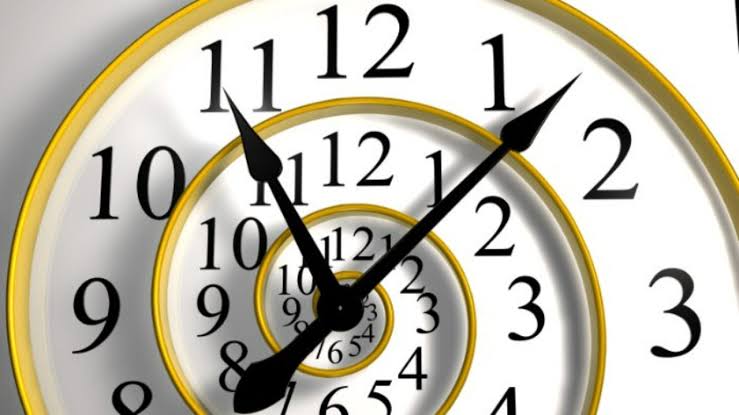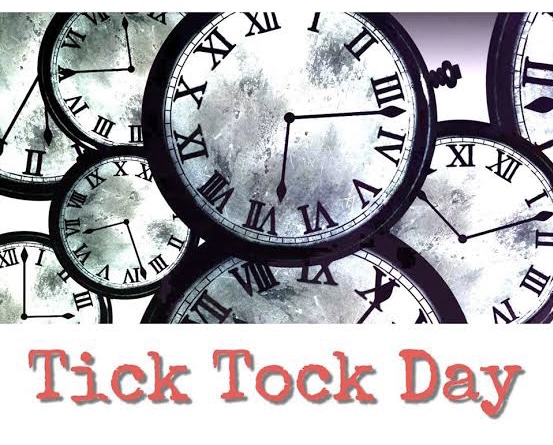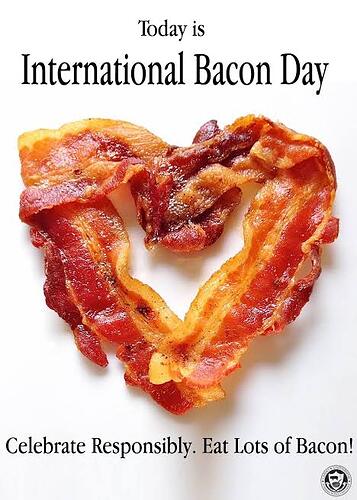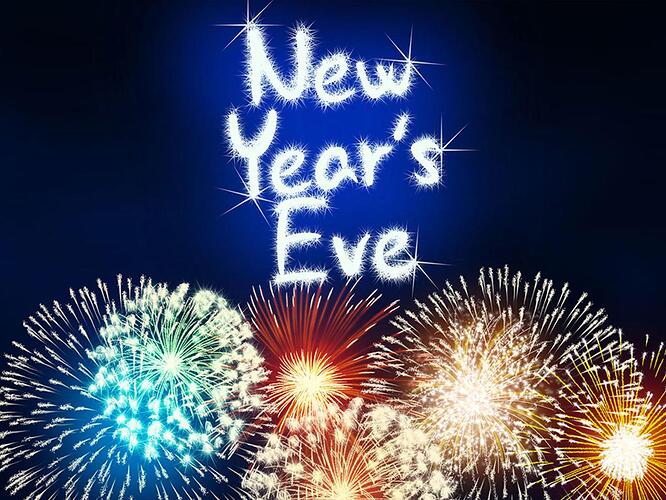Merry Christmas everyone! May you be blessed
Merry Christmas from Canada
It is Sunday, 26 December 2021
(W51 | D360 | 5 rem)
Today is:  Boxing Day
Boxing Day

Boxing Day is a holiday celebrated after Christmas Day, occurring on the second or third day of Christmastide. Though it originated as a holiday to give gifts to the poor, today Boxing Day is primarily known as a shopping holiday.
Originally prevalent in the UK and a number of British Commonwealth countries, particularly Australia, Canada, South Africa, and New Zealand on which servants, tradespeople, and the poor traditionally were presented with gift boxes - hence Boxing Day. By the 21st century it had become a day associated with shopping and sporting events in many places, and is now known by other names in some places. Here in South Africa, Today is:  The Day of Goodwill.
The Day of Goodwill.
26 December, Boxing Day, is also concurrent with the Christian holiday Saint Stephen’s Day.
And it is celebrated as a second Christmas Day in a number of European countries, including Bulgaria, Catalonia, Czech Republic, Germany, Hungary, The Netherlands, Norway, Poland, Slovakia, Sweden, and some others.
In South Africa, December 26th is a public holiday known as the Day of Goodwill. Before 1994, the day was celebrated as Boxing Day. Though the name has changed, the traditions of Boxing Day remain. As it is summer in South Africa, non-traditional Christmas activities such as going to the beach are extremely popular.
It has been said that the name of Boxing Day comes from people getting rid of empty boxes from presents after Christmas day. While a beguiling notion, the tradition dates back to England in the middle ages, though the exact origin is debatable.
The name certainly has stronger ties to the Victorian era: it was first included in the Oxford English Dictionary in the 1830s and became a bank holiday in 1871.
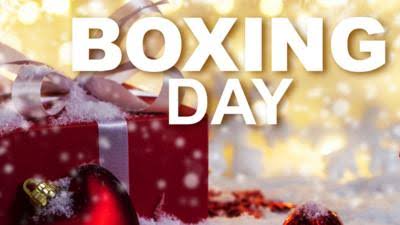
One theory is that it comes from the fact that servants were given their presents in boxes on this day, the 26th being the first working day after Christmas day. This tradition of giving gifts for service extended beyond servants to tradesmen, such as milkmen, butchers, etc.
Samuel Pepys mentions the practice in a diary entry from December 19th 1663: “Thence by coach to my shoemaker’s and paid all there, and gave something to the boys’ box against Christmas.”
Another popular theory is that it is named after the custom of priests opening alms boxes in churches after Christmas. These held money that had been donated to the poor and needy in the run-up to Christmas. Some churches still open these boxes on Boxing Day.
Share your good fortune with those who serve and those who are less fortunate, if you can, and have a wonderful day. 

Know More:
It is Monday, 27 December 2021
(W52 | D361 | 4 rem)
Today is: ![]() Make Cut-Out Snowflakes Day
Make Cut-Out Snowflakes Day
Here’s a fun way to recapture your primary school “cutting with scissors” class, and possibly have a bunch of low-cost fun with your children today - it’s Make Cut-Out Snowflakes Day!
It was a favorite activity in our earliest school years, and many families would share it as a familiar project around the holidays. Surely it ended up with numerous small flakes of paper on the ground as thick as the snow outside, but it was accompanied by a warmth of time spent creatively, and the unique designs that came out of everyone’s individual efforts.
Make Cut-Out Snowflakes Day encourages us to set out to do it again, and create snowflakes that will persist long after the last crystal of ice has melted into water as the seasons change - if you’re in a winter snow place of course. ![]()
What most people don’t know about this art is that is truly ancient, and in fact is founded in the traditional Japanese art-form of Origami, specifically a variation known as Kirigami.
The process at the beginning is the same, both art forms involve the intricate folding of a piece of paper into a desired shape, though that’s where the similarities end.
In Kirigami you then unfold the piece and place cuts in the desired place. Obviously, the art of snowflake cutting takes this one step variance further, you typically cut the piece while it is still folded, and then unfold it to reveal the desired shape.
There’s no denying that the unique design of each snowflake is beautiful, and the ability to create either a single piece, or to intricately cut a piece of paper that has been folded over multiple times to create a string of elaborately cut snowflakes means you have near infinite variations you can end with.
Such is the beauty of Kirigami. Make Cut-Out Snowflakes Day encourages you to pick up this art again and create your own unique and special snowflake.
It all starts with learning the basics of folding paper to create a snowflake, available through multiple websites and videos throughout the web. (Check my Know More links below).
From there it’s a simple matter of being creative with your scissors and seeing what results. With practice you will be able to make truly stunning designs that will serve to enhance your holiday spirit.
Don’t think it ends there, with the encroaching Valentine’s Day on the horizon, you can take this art to the next level and create intricate lace-like heart streamers to beautify your home and add a little romance to the holiday. Then it’s on to bunnies and eggs for Easter! Make Cut-Out Snowflakes Day encourages you to learn the art again, and then carry it throughout the year!
Have a wonderful bonus Public Holiday . ![]()
![]()
Know More:
https://www.instructables.com/How-to-Make-6-Pointed-Paper-Snowflakes/
It is Tuesday, 28 December 2021
(W52 | D362 | 3 rem)
Today is:  Card Playing Day
Card Playing Day
The holiday season has come and gone, and the end of the year is in sight. You know what you need to do now? That’s right, you need to sit back and play out a few rounds of solitaire, or maybe get the family together for a night of Texas Hold’em, Slap Jack, or War. Whatever your pleasure, Card Playing Day is a chance to wind down from all the kerfluffle of the season by engaging in a card game or three.
Playing cards are thought to have first been introduced to the world in China before spreading across the globe to India, Persia, and ultimately every corner of this… sphere. Ok, so that corner thing never has made sense, unless you’re talking about a rectangular playing card, which thankfully we are! A whole pack of them in fact.
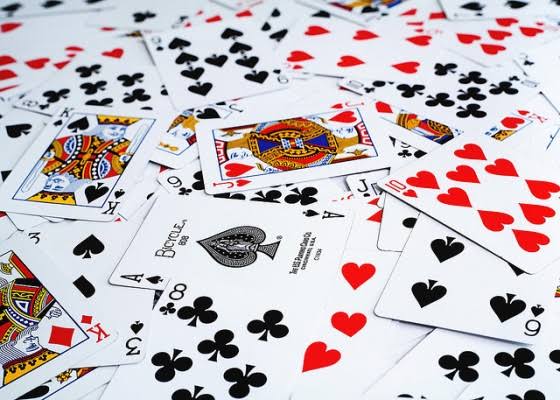
Cards arrived in Europe some time towards the end of the fourteenth century, making their appearance known in major cities, like Florence and Paris. The cards, however, didn’t resemble the decks we know and love today. They were still very much a work in progress, with artisan card makers still trying to figure out the best designs and deck configurations.
Most of their creations revolved around the original playing coins, cups, and sticks – gaming apparatus of choice for much of the early middle-ages.
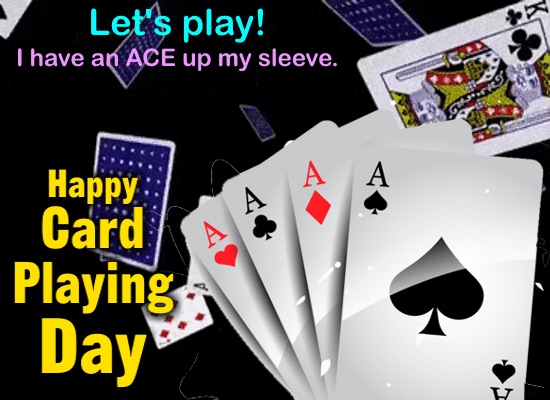
Card playing continued to develop as a discipline. By the middle of the fifteenth century, it started to turn into something that we would recognize now. Between 1418 and 1450, card makers in Augsburg, Nuremberg, and Ulm began making printed decks, allowing people to purchase packs of cards for the first time.
As manufacturers put the printing press to use, the popularity of cards grew even more, and their designs became increasingly complicated.
They began printing cards with interesting symbols like hearts, acorns, bells, and shields. In France, card makers introduced clovers, pikes, and tiles. And by the time they reached England, the traditional suits of clubs and spaders were born, probably derived from the French clovers and pikes.
Playing cards hit the big time in 1628 with the founding of the Worshipful Company of Makers of Playing Cards. The organization, set up via a royal Charter, represented people throughout the industry. It was considered so important that even the king was involved!
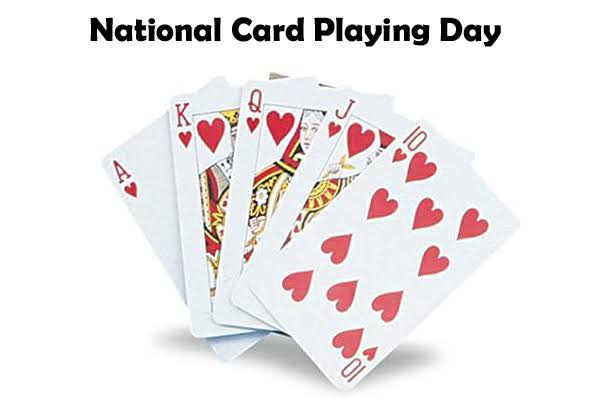
Card markers continued to refine their craft and make it as user-friendly as possible. In the eighteenth century, they began rounding the corners of cards and adding printed edges, indicating the card type and value. Players could then hold a fan on cards in one hand, viewing the current position without using the other hand – which might be holding their drink!
Ultimately, playing cards became a pop culture staple. Estimates from Columbia University suggest that there are at least 6,000 different types of historical deck with provenance from over fifty countries, though there are likely more. What’s more, many of these use completely different deck systems from the basic hearts, diamonds, clubs and spades.
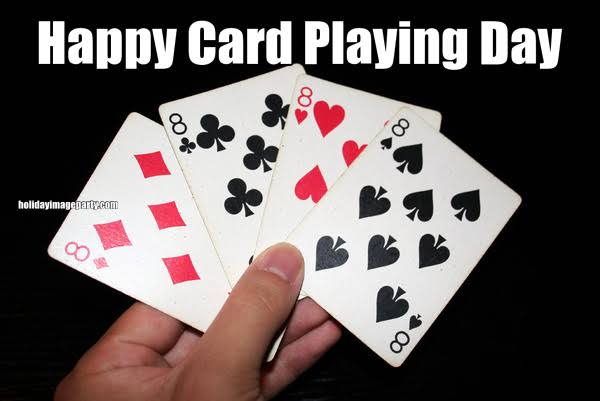
Playing cards have always been the last bastion of entertainment in inclement weather, and thus were a favourite of the winter holidays. After all, before the invention of television and electricity, what was one to do when you’d heard all of Uncle Joe’s stories, and couldn’t possibly bring yourself to lay your eyes on another dog-eared novel?
The simplest way to celebrate Card Playing Day is, of course, to participate in the aforementioned past-time!
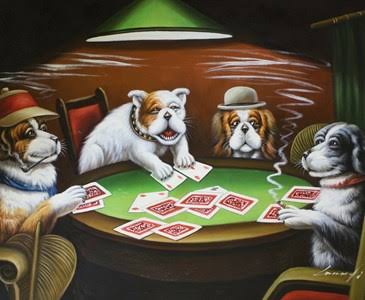
That’s right, you play cards! There are numerous games that exist in the world, hundreds from every culture imaginable. Some games are unique to a particular region, or at least distinct to it (like Baccarat) or can be found in variations all over the world while clearly being recognizable (like poker). Others still involve the use of playing boards as a utility in keeping track of points, such as cribbage.
However, if you’re really looking to make an experience out of Card Playing Day, you may consider trying to learn a variation of a game you already know, or even learning a completely new card game altogether.

There are countless games out there you can learn, and if the game you know has lost its appeal, it’s time to learn another one!
Happy Tuesday, ya bunch of filthy card sharks! 


Know More:
It is Wednesday, 29 December 2021
(W52 | D363 | 2 rem)
Today is: ![]() Tick Tock Day
Tick Tock Day ![]()
Tick Tock Day has nothing to do with the viral video clip site. It’s simply a reminder day to tell you that time is running out on the year. If you still have tasks on your to do list that you promised yourself you’d complete this year, you have just two days to get to them.
Every moment not spent living life to the fullest is another moment that is gone forever, impossible to reclaim. Tick Tock Day reminds you that the year is almost at an end, and there are things still left to be doing, and in fact, only two days left to do them in. Don’t let the year end with regret! Get out there and beat the Tick Tock!
Unfortunately, the clock is ticking, the hours are going by. The past increases, the future recedes. Possibilities decreasing, regrets mounting. ~Haruki Murakami, Dance Dance Dance~
Tick Tock Day has been created to remind us all about the importance of completing any tasks that we have not yet finished. As we get close to the end of the year, it gives us a good opportunity to wrap up any unfinished business that we may have. This can include both personal goals and business goals.
For businesses, for example, you may need to make charitable donations and complete business purchases before the year-end so that you can include them within your tax return for the year. From a personal point of view, there may be a few things that you need to tick off your bucket list or your objectives could be small ones, such as finishing a book or clearing out your wardrobe.
Tick Tock Day enables you to start the following year with a clear head. It can ensure that you start the next chapter of your life in the best possible way, giving yourself the greatest shot of having a successful year ahead. After all, no one wants to carry their clutter and disorganization with them into another calendar year, right? There is something quite therapeutic about having a couple of ultra-productive days before January hits.
Every year people look forward to New Year’s Eve to establish their New Year’s Resolutions, which of course rarely if ever come to pass. But what of the last precious moments of the year already passed?
Tick Tock Day urges us to make the most of this time to complete those tasks that can be done in that time, and further to remind us just how much can be done in a short amount of time if you truly urge yourself forward. The day is another created by Ruth and Thomas Roy at Wellcat.com.
Did you intend to repaint that living room? Perhaps you wanted to start learning a new skill, or clean out the garage. All of these things are possible in the last fading moments of the year, don’t let them go to waste!
Maybe your unfinished work is of a more personal nature. Did you intend to reconcile an old friendship this year? Or close an old fissure between you and a family member? Maybe you finally wanted to take a moment to set something right and just never found the time. That time is Tick Tock Day!
Wouldn’t it be nice to start the next year with a clear head and a clean heart? We all have regrets of things we wish we had done that remained unfinished or that we consider to be opportunities past. So long as you still draw breath there is still time to accomplish the things you wish to do with your life, don’t let the idea that it’s ‘too late’ get into your head.
One of the most important things to do on Tick Tock Day is to stop worrying about the time that has passed. A lot of us spend so much time worrying about what we haven’t done, instead of focusing on what we can do. Tick Tock Day reminds you that there is always time for another last minute, so get out there and make sure that you don’t leave a year behind you full of regrets!
No time for ragrats folks! Make every second count. Tick Tock! ![]()
![]()
![]()
It is Thursday, 30 December 2021
(W52 | D364 | 1 rem)
Today is:  Bacon Day
Bacon Day 
There are very few things in this world that don’t taste better when paired with a bit of bacon. Whether it’s chocolate-covered bacon from the candy shop, bacon cheeseburgers, bacon-wrapped tater tots, or even bacon-covered chapstick, it’s hard to deny that bacon is a delicious tasty treat that had truly gotten its fingers into almost everything!
The origins of Bacon stretch back into the middle ages, with the name of this delicious meat originating in Middle English from the word “Bacoun”.

Following it back, it can be found in France as Bako, Germany as Bakko, and even in old Teutonic as Backe.
All of these words mean “back”, and what does that reveal about bacon? That’s right. It’s made from the back of the pig!
But those listed above are not even the earliest example of bacon. It seems that the first bacon was known to have come from the Romans, and was known as ‘Petaso’.
With a long and delicious history, making bacon has been a popular method of preserving meat and adding a certain flavour to it by soaking it in a specialised brine. In fact, there were even certain breeds of pigs that were specially bred for their copious back meat, including breeds such as Yorkshire and Tamworth.
Although it wasn’t always just the back meat that was referred to as Bacon. At one time the word referenced any kind of preserved pork, but that usage fell out of practice in the 17th Century.
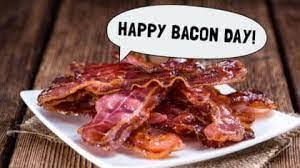
Even today, however, there remain some questionable definitions of “bacon”. For instance, what Americans refer to as bacon is different from their neighbours to the north, the Canadians. And in England, what Americans would refer to as just “bacon” would be called “streaky bacon”, “rashers” or “crispy bacon”.
Although some disputes exist about the origins of National Bacon Day, one story goes that two friends want a gift-giving day at the end of the year that is unrelated to religion. Naming it National Bacon Day includes paying homage to famous cartoon character Homer Simpson and his love for bacon.
But no matter the controversy or differences in terminology, bacon is beautifully tasty meat that certainly deserves its own day to celebrate!
The best way of celebrating this dedication to swine delicacies is by indulging in the delicious treats. A great start would be by going to an all-you-can-eat breakfast place that has bacon on the menu.
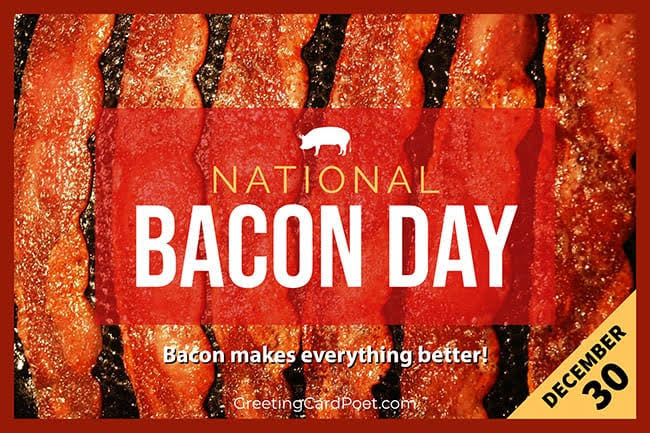
Then, later in the day, head on out to a y lunch stop and get a club sandwich or another bacon-y treat. Some might prefer a cheeseburger with extra bacon! Dinner with bacon-wrapped sausages and a side of baked potatoes topped with cheese and crispy bacon bits sounds perfect too. Whatever bacon-y goodness is chosen, be sure to share it with friends and loved ones so they, too, can enjoy Bacon Day!
Mmmm… bacon! 


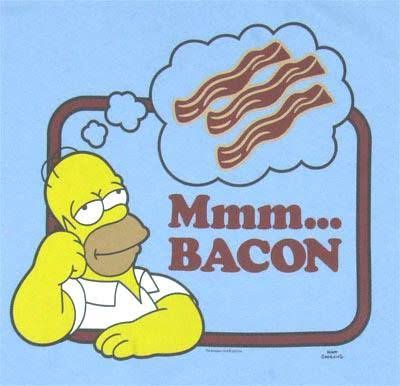
Know More:
My favourite vegetable!
It is Friday, 31 December 2021
(W52 | D365 | 0 rem)
Today is:  New Year’s Eve
New Year’s Eve
Well here it is… Day 365, 0 days remaining in the year. What started out as a random thought in the Threadkiller topic at the start of the year and quickly became this topic, ends today.
I never imagined that finding random things that are celebrated on each day of the year would generate almost 1500 posts. Thank you to everyone who commented and contributed to the funny, the weird, the happy, and the not so happy things we celebrated throughout the year.
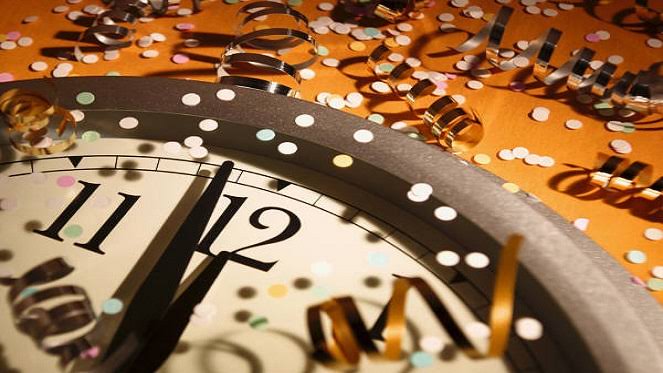
It was a fun and interesting personal challenge for me to make a post for every day of year. Even if it was somewhat time consuming and occasionally difficult to get to. I’m happy it’s done now though, and I don’t think I’m going to do another like it next year 

All that’s left for me to do here is to wish you and all those in your life a wonderful, safe, and happy New Year’s Eve. Here’s to a better, healthier, happier, richer 2022 for us all! 


Know More:

Thanks for this topic @GregRedd!
It was fun  Appreciate all the work you put into making this happen
Appreciate all the work you put into making this happen
Jip we call today Silvestr in Czech.
Thanks @GregRedd I’ve really enjoyed learning from many of the special days, both the serious topics and the fun. You were 100% dedicated to ensuring there was a post everyday which is an impressive feat.
Congrats and enjoy the break in 2022!
Thank you @GregRedd for a very interesting year of posts and interesting reasons to celebrate. This has been one hellova endeavor and you pulled it off very well.
@GregRedd we will definitely miss these posts! They have been truly awesome! If you find yourself bored next year . . . . .
You guys nake it sound like the end times are near! Wont there be days next year?
Nah, there won’t be days. Days have been cancelled. They are a liberal leftist construct designed to regulate and control our free will.
Next year we’re just going to have “periods of time” and the freedom to use them anyway we want. Freedom!!
Today is:
Yesterday’s tomorrow and tomorrow’s yesterday.
 Good morning!
Good morning! 

